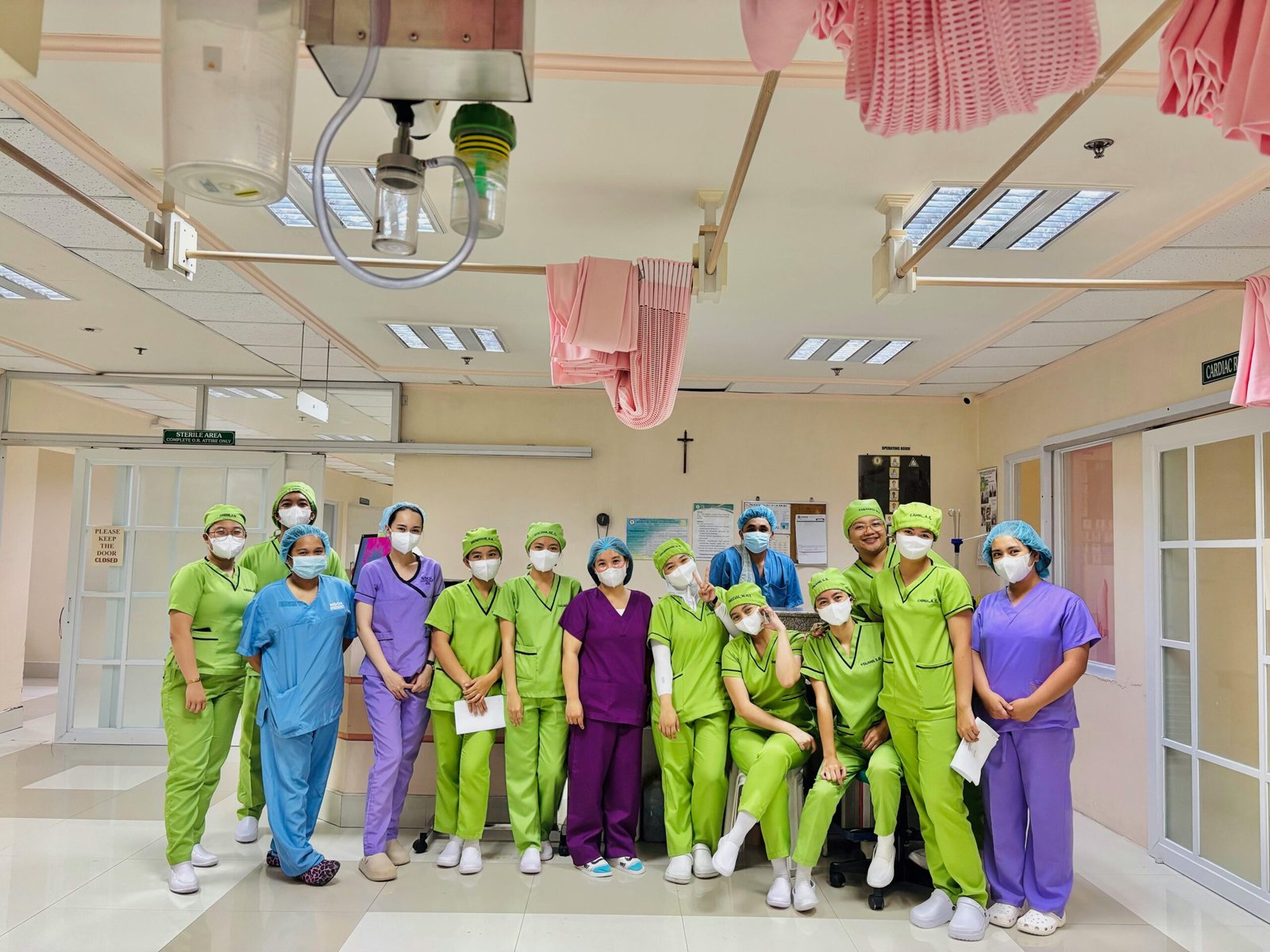Are you searching for a dynamic career in healthcare? A role as a traveling medical assistant could be your perfect match. This exciting path combines essential clinical skills with the thrill of exploring new places. Consequently, it offers unique opportunities that you simply won’t find in a traditional, stationary role. This guide explores everything you need to know to get started.
What Exactly Does a Traveling Medical Assistant Do?
A traveling medical assistant performs the same core duties as a stationary one. However, the key difference is that they work in various locations on short-term contracts, typically lasting around 13 weeks. Your responsibilities are absolutely crucial for smooth clinic and hospital operations.
Key Day-to-Day Responsibilities
Your daily tasks will likely be familiar, but the environment will change. For instance, you will be expected to:
- Take and record patient vital signs.
- Prepare patients for examinations and procedures.
- Assist physicians during minor surgeries.
- Administer medications or injections as directed.
- Handle administrative duties like scheduling and billing.
- Update and manage electronic health records (EHR).
Furthermore, you must be highly adaptable. Each new assignment brings a different team, new protocols, and a unique patient population. This flexibility is truly a key skill for success in this field.
The Major Benefits of This Career Path
Choosing to become a traveling medical assistant offers significant advantages. For many professionals, the appeal goes far beyond just a standard paycheck. The lifestyle itself is a major draw.
Why Professionals Love It
- Higher Earning Potential: Travel assignments almost always come with competitive pay packages. These often include tax-free stipends for housing and travel. Therefore, your take-home pay can be much higher than in a permanent position.
- Explore New Places: You get the incredible opportunity to live and work in different cities across the country. This is a fantastic way to travel and experience new cultures without taking extended time off work.
- Gain Diverse Experience: Working in various healthcare settings, from small rural clinics to large urban hospitals, rapidly builds your skills. In addition, this diverse experience makes your resume exceptionally strong.
- Avoid Professional Burnout: The constant change of scenery and the ability to take breaks between contracts can significantly help prevent professional burnout.
How to Become a Traveling Medical Assistant
Are you ready to start your journey? The process is quite straightforward if you are prepared. Following these essential steps will help you launch your exciting new career.
Your Step-by-Step Checklist
- 1. Get Certified: First, you must become a certified medical assistant (CMA) or registered medical assistant (RMA). Nearly all staffing agencies and employers require a valid certification.
- 2. Gain Solid Experience: Next, it is vital to work for at least one to two years in a stable healthcare setting. This experience is crucial because travel assignments require you to adapt and contribute from day one.
- 3. Partner with a Staffing Agency: Subsequently, you should find a reputable healthcare staffing agency that specializes in allied health travel. They will connect you with available contracts that match your skills and preferences.
- 4. Build a Strong Profile: Finally, create a polished and professional resume. Be sure to highlight your certifications, diverse skills, and your proven ability to be flexible in new environments.
Finding the Best Traveling Medical Assistant Jobs in 2025
The demand for skilled and flexible medical assistants remains very strong. Therefore, finding a great position is highly achievable. You just need to know exactly where to look for the best opportunities.
You should start by researching top-rated allied health staffing agencies. They often have exclusive contracts and provide comprehensive support, including licensing assistance. In addition, you can explore specialized online job boards dedicated to travel healthcare positions. Networking with other traveling professionals on social media can also provide invaluable leads. Ultimately, being proactive is the key to landing the best assignments.











Laisser un commentaire